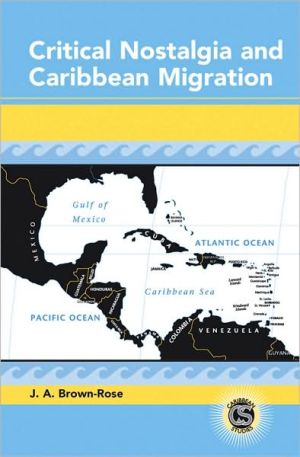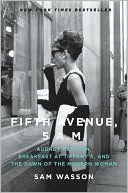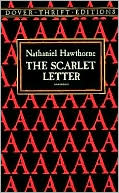Critical Nostalgia and Caribbean Migration
The literature of Caribbean writers living in the United States embodies a duality, an awareness of multiple sites of identity as well as conflict of place and space. Easily grouped with African Americans, Caribbean peoples and other immigrants from the African Diaspora make up the quasi-political face of Black America. But as immigrants from a former colonized community, Caribbean writers carry with them a historical experience that differentiates them from African Americans—they stand on...
Search in google:
The literature of Caribbean writers living in the United States embodies a duality, an awareness of multiple sites of identity as well as conflict of place and space. Easily grouped with African Americans, Caribbean peoples and other immigrants from the African Diaspora make up the quasi-political face of Black America. But as immigrants from a former colonized community, Caribbean writers carry with them a historical experience that differentiates them from African Americans—they stand on the border of two spaces. What impact does this duality have on Caribbean literature written by writers who have left the "home" space for American soil? As many writers have suggested, Caribbean writers are continuously looking back to home in an attempt to understand who they are and where they belong. This book postulates that it is through nostalgia, or an attempt to renegotiate the past, that the Caribbean writer attempts to reconcile his/her duality. Nostalgia can be directly linked to an understanding of, and by extension a critique of, American social and political practices as well as an appraisal of colonial influences in the Caribbean. Thus the discourse of Caribbean writers living in America operates on different levels: Although Caribbean migratory writers are continuously looking back to "home," this nostalgia is tied to a reevaluation of American and island consciousness. The texts discussed in this work are, in effect, engaged in critical analysis; the texts "perform criticism" of the "home" country and "that man's country"—the United States.








